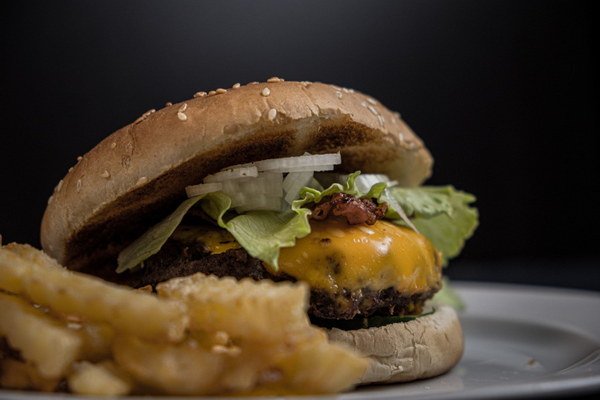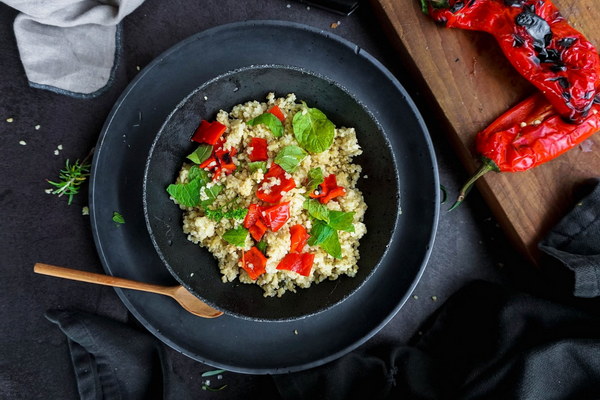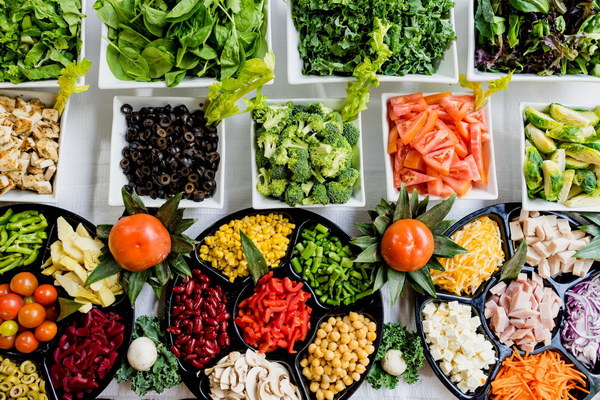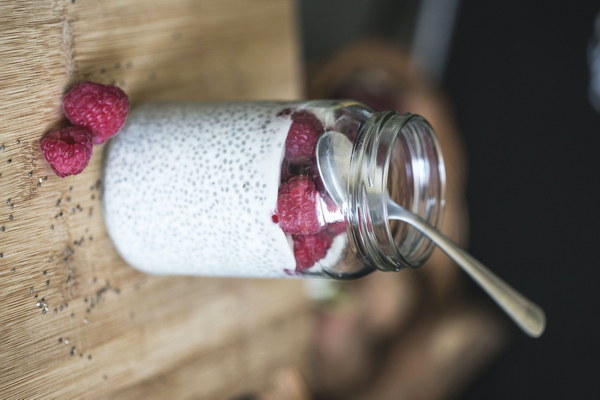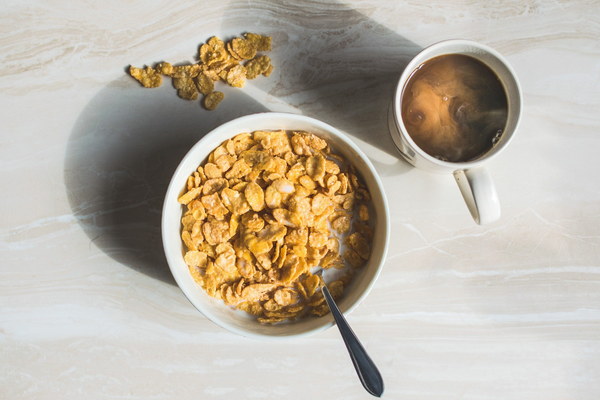Unveiling the Core of Anti-Aging Decoding the Secrets of Timeless Youth
In the relentless pursuit of eternal youth, the question of what truly lies at the heart of anti-aging has long intrigued scientists, dermatologists, and beauty enthusiasts alike. The quest to defy time and preserve our youthful appearance has led to a plethora of products, treatments, and diets, all promising to turn back the clock. However, delving into the essence of anti-aging reveals that it's not just about the surface-level fixes; it's about understanding the core mechanisms that govern the aging process.
At its core, aging is a complex interplay of genetic, cellular, and environmental factors that collectively contribute to the gradual decline in the body's ability to maintain its youthful vigor. This article aims to unravel the mysteries of aging, shedding light on the key factors that drive the aging process and how we can address them to achieve a more youthful, vibrant life.
1. Genetic Factors
Genetics play a pivotal role in determining how we age. Certain genes are responsible for the production of antioxidants, which help combat oxidative stress, a primary cause of cellular damage. Additionally, genes influence the rate at which our cells divide, repair, and regenerate. Understanding our genetic predispositions can help us tailor our anti-aging strategies accordingly.
2. Cellular Aging
The aging process at the cellular level is driven by the gradual shortening of telomeres, which are the protective caps at the ends of our chromosomes. As telomeres become shorter, cells lose their ability to divide and replicate, leading to aging and age-related diseases. Strategies to combat cellular aging include telomerase activation, stem cell therapy, and caloric restriction.
3. Oxidative Stress
Free radicals, unstable molecules that can damage cells, are produced by various environmental factors, including UV radiation, pollution, and toxins. Oxidative stress occurs when the body's antioxidant defenses are overwhelmed, leading to cellular damage and aging. Antioxidant-rich foods, supplements, and topical treatments can help combat oxidative stress and reduce the risk of aging-related diseases.
4. Inflammation

Chronic inflammation has been linked to a variety of age-related diseases, including heart disease, diabetes, and Alzheimer's. Inflammation can also accelerate the aging process by promoting the breakdown of collagen and elastin, the proteins responsible for skin elasticity. Anti-inflammatory diets, supplements, and topical treatments can help reduce inflammation and slow down the aging process.
5. Lifestyle Factors
Lifestyle choices play a significant role in determining how we age. Smoking, excessive alcohol consumption, poor diet, and lack of exercise all contribute to the aging process. Adopting a healthy lifestyle, including a balanced diet, regular physical activity, adequate sleep, and stress management, can help slow down the aging process and promote a healthier, more youthful appearance.
6. Skincare
Skincare is an essential aspect of anti-aging, as it addresses the visible signs of aging such as wrinkles, sagging skin, and hyperpigmentation. Topical treatments, including retinoids, peptides, and growth factors, can help stimulate collagen production and improve skin texture. Additionally, sunscreen is crucial in protecting the skin from UV damage, a major contributor to aging.
In conclusion, the essence of anti-aging lies in understanding the complex interplay of genetic, cellular, and environmental factors that govern the aging process. By addressing these core mechanisms, we can adopt a more comprehensive approach to aging, encompassing lifestyle changes, skincare, and targeted treatments. Remember, the goal of anti-aging is not just to turn back the clock but to achieve a healthier, more vibrant life at any age.



